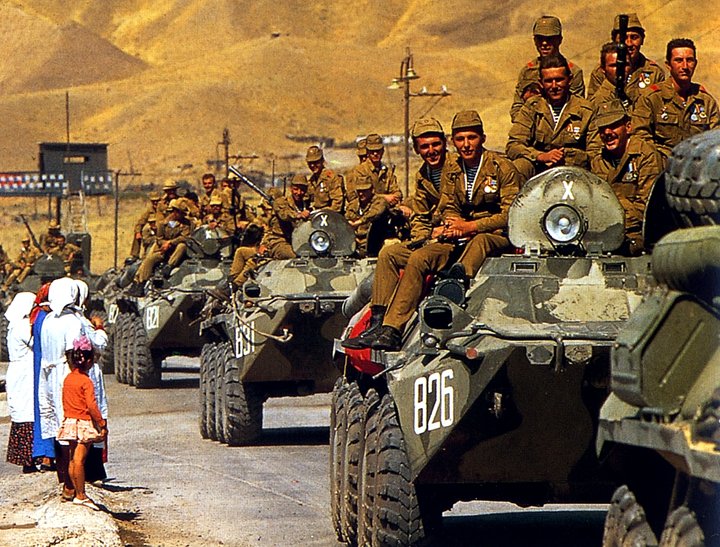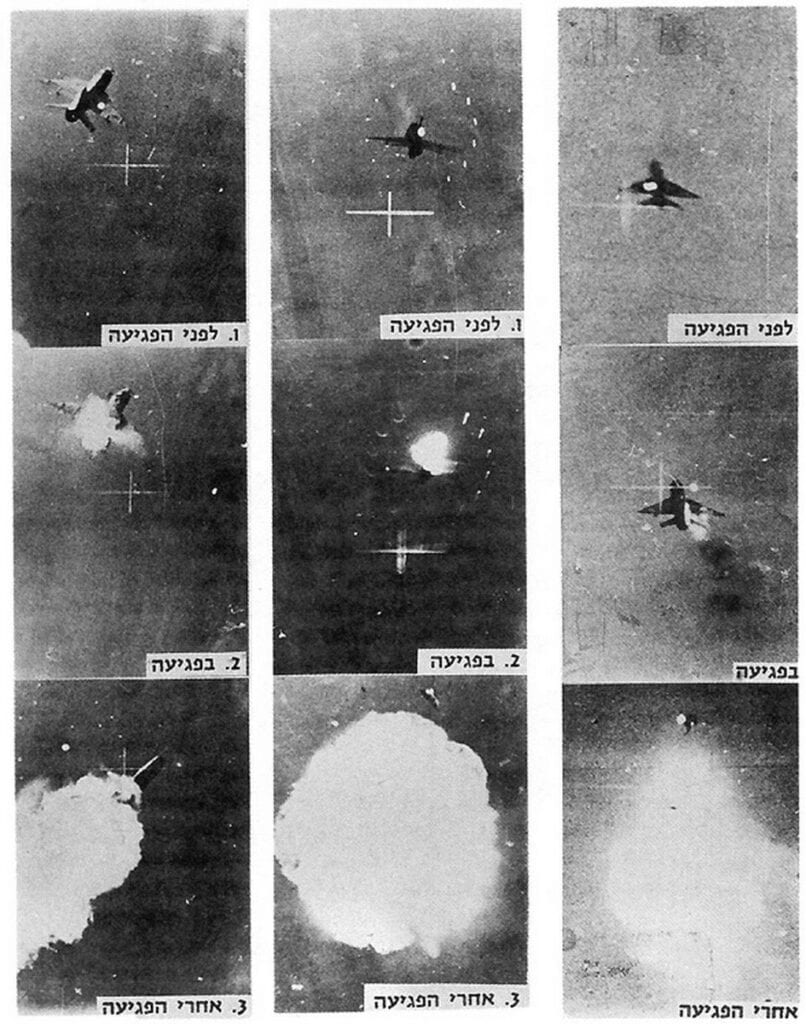In today’s Vatnik Soup, I’ll explore how Russia is working with Iran, and how the recent Israel–US strikes on Iran could affect the war in Ukraine. Iran has been one of Russia’s key allies in their genocidal war, but in reality the partnership is deeply one-sided.
1/21
1/21

Historically, Russia/USSR has been involved in numerous wars in the Middle East, invading Afghanistan for nearly a decade and desperately trying to keep Syria’s authoritarian leader, al-Assad, in power before his eventual downfall.
2/21

2/21


While initially supportive of Israel, the Soviet Union quickly pivoted to backing its enemies, fueling antisemitism, terrorism, and chaos in an already tense region. At times, this meant near-open war, like when Soviet Air Force MiG-21s were shot down by Israel over Egypt.
3/21

3/21


Israel’s relationship with Russia has also been ambiguous. Netanyahu has maintained friendly ties with Putin, Israel has warned Russia ahead of strikes on its allies in Syria, and it has refused to support a UN resolution condemning Russia’s war and kidnapping of children.
4/21

4/21


In Syria, Russia became infamous for its brutal tactics against civilians. The Russia-Assad bombing campaigns drove the 2015 migrant crisis—pushing over a million refugees into Europe. Later, Russia fueled the crisis further by weaponizing migration routes.
5/21

5/21


Russia has also cozied up to terrorist groups in the region, including both Hamas and Hezbollah. Russian officials have met with (former) Hamas leaders on several occasions and sent a high-level delegation to meet them in 2023 after the Oct 7 Hamas terrorist attack.
6/21



6/21




Russia refuses to label Hezbollah a terrorist organization, instead calling it a “legitimate socio-political force.” Hezbollah even fought alongside Assad’s and Russian troops in Syria. In 2018, they collaborated to smuggle oil and bypass sanctions imposed on Syria.
7/21



7/21




Of course, Russia’s fellow state-sponsor of terrorism Iran is also closely tied to all these countries and groups. According to US officials, Iran paid Hezbollah around $700 million annually. Hezbollah has also been linked to cigarette and drug smuggling in the region.
8/21

8/21


Iran-Russia relations go way back. The Soviet Union was the first state to recognize the Islamic Republic of Iran in 1979. In 1989, Iran signed an arms deal with the USSR, and cooperation continued after its collapse.
9/21
9/21

In May 2007, Iran was invited to join the CSTO, a Russia-led alliance intended to counter NATO, though it ultimately declined. In 2015, Putin lifted a ban on weapons sales to Iran, and Russia delivered several S-300 missile systems.
10/21


10/21



The two countries later agreed on a $10 billion deal covering helicopters, planes, and artillery. In 2022, a Russian delegation visited Iran to observe the Shahed drones being produced there. Initially, Iran downplayed the transfers, claiming neutrality…
11/21


11/21



…but eventually provided Russia with the technology to produce Shahed drones domestically. These are now a staple of Russia’s terror bombing campaigns against Ukrainian civilians.
12/21



12/21




Today, Russia produces ~90% of its Shahed drones domestically and relies less on Iran. Production has scaled rapidly—by spring 2025, over 10,000 had been deployed. By June, the total launched was projected to hit 20,000, making them a core tool in Russia’s arsenal.
13/21
13/21

In addition to Shaheds, Iran has reportedly supplied Russia with short-range ballistic missiles—broadening their military cooperation. Yet Russia hasn’t sent any military aid to Iran, making the partnership decidedly one-sided.
14/21
14/21

Still, in Jan 2025, the two countries signed a 20-year strategic partnership covering trade, energy, intelligence, and advanced tech. While it stops short of a formal military alliance, the scope is broad — though it may exist mostly on paper.
15/21
15/21
After being cut off from SWIFT, Iran and Russia linked their banking systems (SEPAM & SPFS) to enable direct rial–ruble trade. This bypasses Western sanctions, allowing 700+ Russian and 100+ foreign banks to transact — forming a new financial lifeline outside US control.
16/21
16/21

Russia and Iran are also expanding cooperation in energy, nuclear tech, and cybersecurity. Rosatom supports Iran’s civilian nuclear program, while both sides pursue gas swap deals and joint cyber defense — reinforcing infrastructure beyond Western reach.
17/21
17/21

On paper, the Iran-Russia partnership looks strategic. In reality, it’s deeply asymmetrical. Russia gains drones, missiles, new technology and a sanctions-proof trade network — all extremely vital for its war on Ukraine.
18/21

18/21


Meanwhile, Iran gets repeatedly pummeled by the US and Israel, and receives no military backing in return. Moscow offers strongly-worded letters and condemnation, but no defense systems, no weapons and absolutely no guarantees.
19/21

19/21


Russia also benefits from the world’s attention shifting from Ukraine to the Middle East. While the Israel-US coalition targets Iran’s military sites, Russia continues terror bombing civilians — largely unnoticed by media. Just the way they prefer it.
20/21
20/21

In desperation, Iran’s parliament even voted to consider closing the Strait of Hormuz — a move that would hurt Iran, but also the EU, which relies on oil flowing through it. A major price hike would only benefit one country: Russia.
21/21

21/21


The 2nd edition of “Vatnik Soup — The Ultimate Guide to Russian Disinformation” is officially out!
You can order your copy here:
vatniksoup.com/en/books/
You can order your copy here:
vatniksoup.com/en/books/
• • •
Missing some Tweet in this thread? You can try to
force a refresh

































